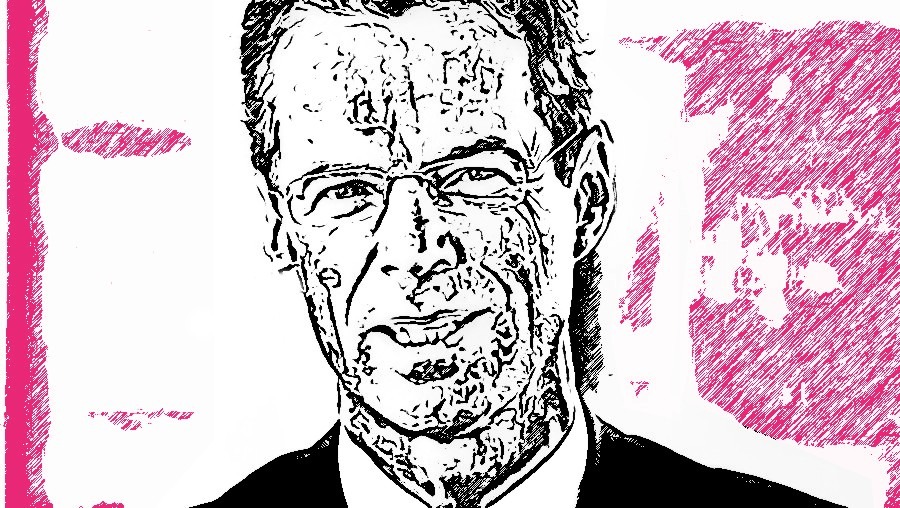On March 9, The Currency first reported that Bank of Ireland had approached Davy about buying the stockbroker, which was under mounting pressure following a bond trading scandal. The broker was soon put up for sale, and now Bank of Ireland is reported to be closing in on a deal to buy Davy for €400 to €420 million net of cash reserves. So, the next big question is who stands to benefit from the sale of the disgraced stockbroking firm, whose shares are owned by current and past staff members through a complex offshore structure. As things stand, this includes…
Cancel at any time. Are you already a member? Log in here.
Want to read the full story?
Unlock this article – and everything else on The Currency – with an annual membership and receive a free Samsonite Upscape suitcase, retailing at €235, delivered to your door.

